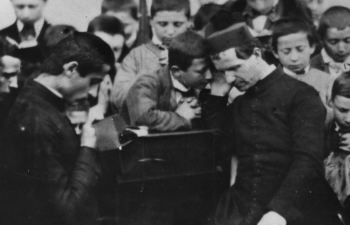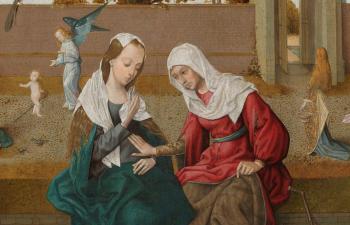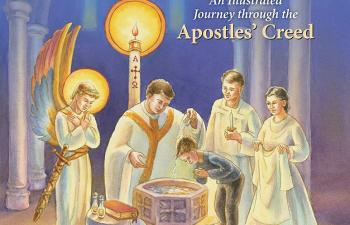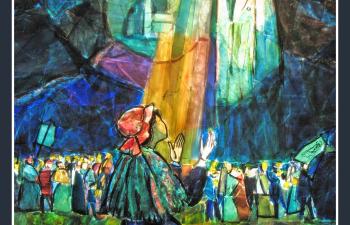As I read the Holy Father’s homily preached as he formally opened the Pauline Year, I was struck by his repeated emphasis of the shared martyrdom of Peter and Paul. In the Catholic Church it is the practice to commemorate the anniversary of the deaths of its saints rather than their births, except for those of Mary and John the Baptist. Their deaths are, however, really their births into a new and heavenly life.
In the light of Christ’s passion and death, Christians should expect to suffer, and perhaps to die for him. Already in the Old Testament, suffering was a part of the price made for following the will of God. Abraham, Moses and David were all wrenched from their previous way of life to answer in obedience God’s special call to them. The prophets experienced the same thing. Jeremiah protests:
‘The word of the LORD came to me thus: “Before I formed you in the womb I knew you, before you were born I dedicated you, a prophet to the nations I appointed you.” “Ah, Lord God,” I said, “I know not how to speak; I am too young.” But the LORD answered me, “Say not, ‘I am too young.’ To whomever I send you, you shall go; whatever I command you, you shall speak.” ’ (Jer 1:4-7).
Paul echoes this in the account of his conversion in his Letter to the Galatians. He speaks of God, ‘who from my mother’s womb had set me apart and called me through his grace’, who then ‘was pleased to reveal his Son to me, so that I might proclaim him to the Gentiles’ (Gal 1:15-16).
The rest of this online article is available for current Guild members.
This article is from The Sower and may be copied for catechetical purposes only. It may not be reprinted in another published work without the permission of Maryvale Institute. Contact [email protected]



















